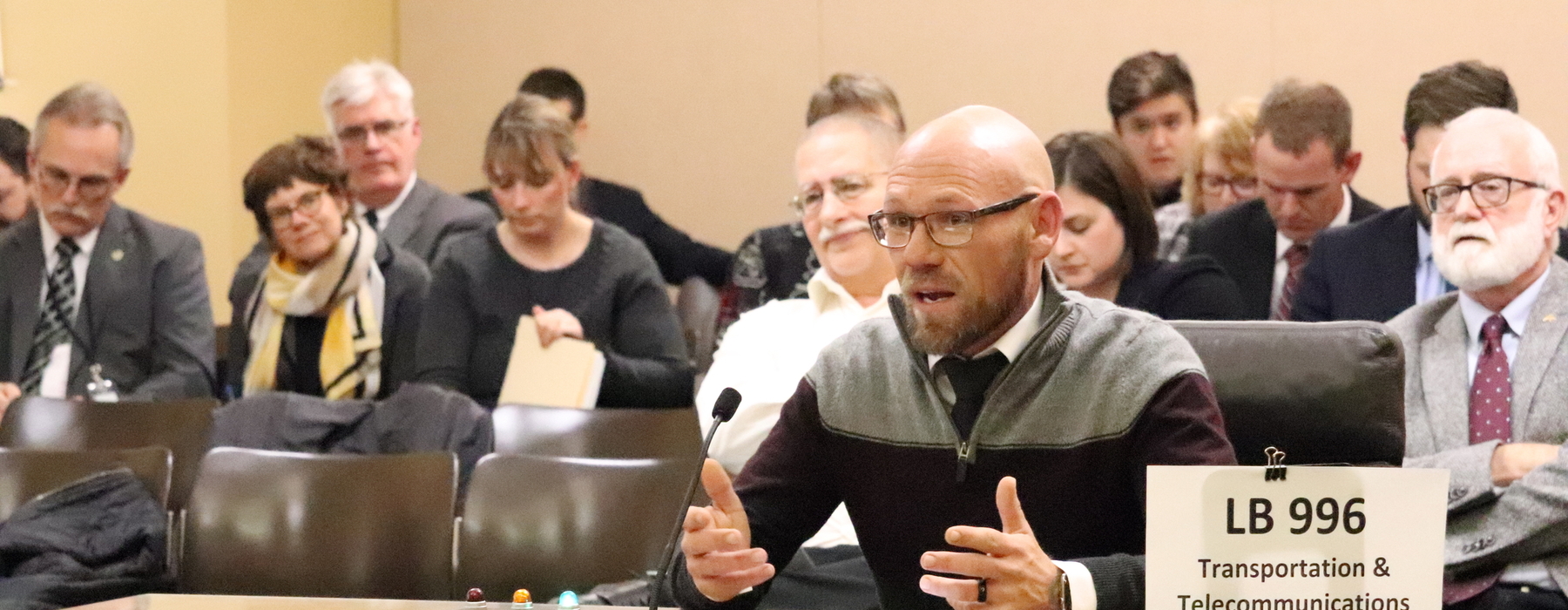State and national policy directly impact how we live. We always need advocates to speak up for rural America.
We work on a variety of issues, from rural development, to clean energy, to conservation and climate. When we work with supporters, we use the same general tools to advocate across our issues. This page outlines some general resources about tools and tactics we have found to be effective.
Are you willing to take action today? There are three ways you can help right now.
- Make your voice heard—Call, email, or write your elected officials. Keep their contact information handy. Legislation can move fast; be ready at a moment’s notice.
- Step up and take action—Write a letter to the editor. Speak out in your community. Attend a listening session. Testify at the state capitol. Tell us how you’re ready to step up to build a stronger, brighter rural future.
- Pitch in to support the effort—Your donation today helps ensure we have the resources to share your values with representatives in Lincoln and Des Moines, or maybe at your statehouse.
Don’t forget to display confidence, enthusiasm, credibility, and commitment. One way to display credibility is telling your representative where you live, so they know you are a constituent in their district.
Sign up for our newsletter and email alerts—We’ll keep you in the loop with action alerts, and steps you can take to advocate for timely policy. If you live in Nebraska, Iowa, or South Dakota, we’ll also send you biweekly legislative updates from our staff working at your state capitol during session.
How will these actions create change? The people you are reaching out to are lawmakers who need your vote to become elected or stay in office. As your representatives, their job is to shape policy on behalf of your interests.
If you would like to be involved in any of these activities: make phone calls, host meetings, meet with elected officials, write letters, or testify on important legislation, please contact us at info@cfra.org.
Your advocacy ensures your voice is heard on issues that matter most to you. Remember to always show respect to legislators and their staff members, regardless of where they stand on the issue.
For more information on how to be an advocate:
- Video: How to be a rural advocate
- Video: Engaging with the Nebraska Legislature
- Video: Engaging with the Iowa Legislature
- Video: Engaging with the South Dakota Legislature
- Fact sheet: Advocacy 101
- Hoja de consejos: Apoyo Político 101


